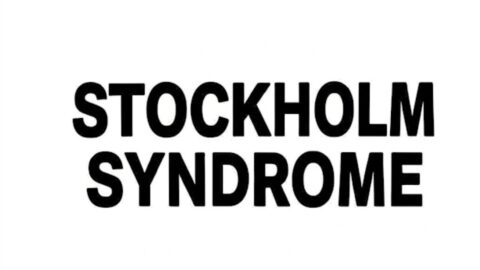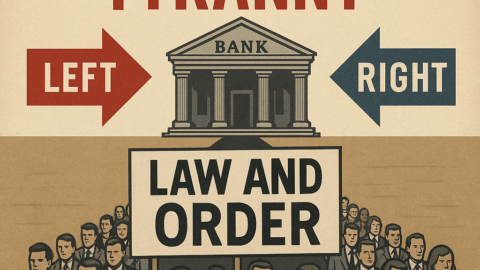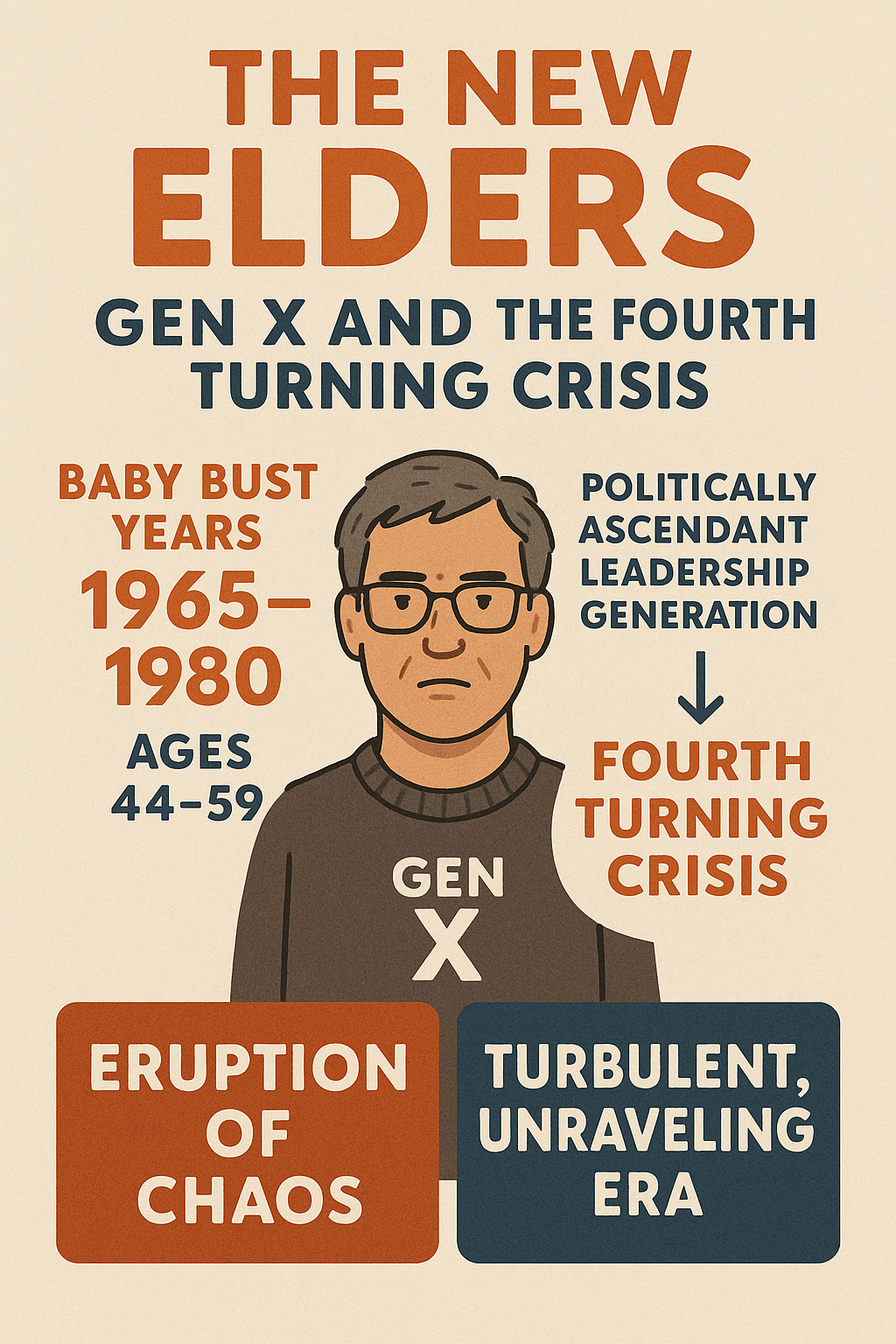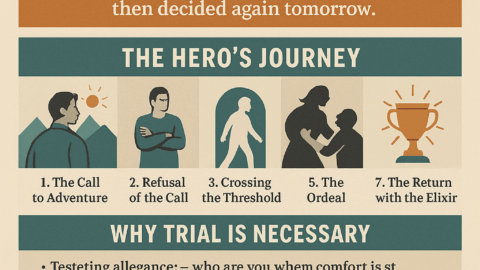“The true test of civilization is, not the census, nor the size of the cities, nor the crops – no, but the kind of man the country turns out.” (1)
In the article, What Kind of Man Is Our Country Turning Out? – Character Ethics vs Personality Ethics, we learned that a crucial point in the Loyalists (Part 1 & Part 2) history. The Revolutionaries placed the seeds of Personality Ethics in our culture, as it evolved into the catalyst of a major portion of brainwashing and manipulation of Americans through the emotions (Part 1, Part 2 and Part 3).
“Everyone has values; even criminal gangs have values.” (2)
What kind of values are we choosing for ourselves, our family and for our country? The values we are choosing will effect the kind of men and women that are dispersed in the different areas of our country from teachers, police officers, entrepreneurs, businessmen and elected officials.
Then there is the common denominator, the school system. This system is really what turns out the kind of Americans who enter into all areas of life in the world. Who controls the educational curriculum, is in charge of the minds and hearts of the children. These children evolve as they disperse, spread and scatter into society who later become parents of the future generation with attached and learned values. The educational system has been replaced by the Revolutionaries ideology and are growing their empire day in day out, while the Loyalist territory is shrinking.
“A general State education is a mere contrivance for moulding the people to be exactly like one another: and as the mould in which it casts them is that which pleases the predominant power in government . . . establishes a despotism over the mind, leading by natural tendency to one over the body.” — John Stuart Mill, On Liberty
Let’s take a peek through the window of time to see and read the thread where we came from and what value sets our nation started out with.
“We can identify many of the dominant values of the American people at the time the United States was founded. But even under the best of circumstances, grasping and describing the values that people throughout a country possess is no simple task. Each of us embraces dozens of values. Multiply that by the number of people inhabiting a country, and the challenge becomes monumental.” (3)
“To identify the values of the early days, we can turn to a wide array of their historical documents from the arenas of law, politics, education, entertainment, religion, journalism, and other fields that enable us to re-create what such a list might have looked like in the last couple decades of the eighteenth century. There were a number of individuals who helped to document the prevailing worldviews and ways of processing daily life. For instance, the renowned Benjamin Franklin, the industrious creative who published countless articles, pamphlets, journals, and other thought-provoking resources, wrote about the thirteen “virtues of life” as examples of what made someone a good person. Insight into the values of the day can also be gleaned from documents that detail the era’s most common preaching topics, public speaking emphases, leadership themes, public laws, and newspaper reports.” (3)
By tracing our country’s cultural path, one must track our history. The dots start one-by-one as a clear picture starts to take hold in our minds to what is happening in the world around us.
“You can’t connect the dots looking forward; you can only connect them looking backwards.” (4)
By looking backwards and studying history, we are able to experience and piece the puzzle together to see the big picture of the thread of Liberty and Tyranny running through the DNA of mankind.
“Making the task a bit murkier is the realization that not all values are created equal.” (3)
We need to consciously select the healthy values we need to maintain the Loyalists culture.
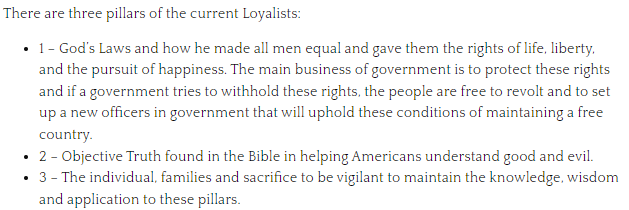
“Each of us embraces a set of core values as well as a series of support values. Core values represent the ideals and principles that are the non-negotiable values possessing the greatest influence on our thoughts and deeds. Support values are those that are consistent with and provide breadth and depth to our ideals. Core values are our primary values; support values are our secondary values.” (3)
To simplify this exercise (for the moment), let’s identify the core values that seem to have been most prevalent at the end of the eighteenth century. The list probably looked something like this: (3)
- Freedom
- Truth and honesty
- Hard work
- Civic duty
- Family
- Humility
- Faith and piety
- Rule of law
- Self-control
- Happiness
- Contentment
- Moderation
- Frugality
- Justice
- Chastity
- Simplicity
Now we can see our modern trajectory.
“Jump forward a quarter of a millennium to the United States that we experience today. The nation is barely recognizable when compared to its humble beginnings. While the government, institutions, economy, and land have developed in ways that would have been unimaginable two hundred fifty years ago, the biggest transformation of all has been in the people. Perhaps the most efficient way of judging those differences is by comparing the values of early Americans with those of contemporary citizens.” (3)
Here are the values that are at the heart of the nation today: (3)
- Belonging/acceptance
- Comfort
- Entertainment
- Experiences
- Expressiveness
- Financial security
- Flexibility
- Freedom
- Happiness
- Individuality
- Love Meaning and purpose of life
- Personal control
- Physical security
- Self-reliance/independence
- Speed
- Stability
These values are a mark of a new man, the modern man.
“Values govern people’s behavior but principles govern the consequences of those behaviors.” (2)
We can see how our values govern behavior. Our principles “govern the consequences of those behaviors.” We need to weigh in our values and understand universal objective principles in order to see the big picture as we make choices and decisions for ourselves, families and community.
“We should point out that had we written this book just twenty-five years ago, that list would have looked substantially different. One of the most startling outgrowths of the past quarter century has been the rapid and broad transition in our core values.”
This was documented by Stephen Covey in 1989 in 7 Habits of Highly Effective People.
Fifteen years later, in 2014, George Barna and David Barton continued the line of thought in regard to changing values in a U Turn along with “something nefarious in mind as it normalizes something new and takes a step back from something that is a higher standard to something lower and easier to manipulate . . . yet steady process to change minds, hearts and direction of individuals, culture and a nation.” (5)
This would bring a lot of confusion to Americans, especially if they didn’t realize a culture war was happening on the hearts and minds of Americans.
“Dominant values typically do not change quickly or in great number, but the recent past has seen a break with that pattern and an influx of nearly a dozen new core values—and a concurrent abandonment of some longtime values.”
The authors and researchers detected the patterns of Loyalists values taking an abrupt turn and abandonment, while being quickly replaced by the Revolutionary, Marxist values.
“I doubt that anyone would seriously consider unfairness, deceit, baseness, uselessness, mediocrity, or degeneration to be a solid foundation for lasting happiness and success. Although people may argue about how these principles are defined or manifested or achieved, there seems to be an innate consciousness and awareness that they exist.” (2)
One of the most important ways to understand what is happening, is to increase one’s “consciousness and awareness.”
On October 24, 1914, the United States President, Woodrow Wilson showed his Revolutionary colors by explaining how college was to make the younger generation “as unlike their fathers as possible.” Indicating the desire to replace Loyalists culture by using one of key battlegrounds for cultural change would be education as the delivery system to change values of the younger generation.
“Moreover, young men are embarrassed by having inherited their father’s opinions. I have often said that the use of a university is to make young gentlemen as unlike their fathers as possible.” (6)
Our own President, who swore an Oath to the Constitution, the Loyalist contract would preach against it and even break his oath to the American people. Wilson was showing one of many ways in which he is a traitor to our Loyalist country.
We need to stop and re-think what it really means to be an American. The best way is to return to our countries founding–to words and documents to understand–and becoming aware and conscious of comparing the past to the present. We need to decide which side we are on–Loyalist or Revolutionary.
If we remain quiet, and don’t take a stand, we allow evil to win by way of Tyranny.
“The man dies in all who keep silent in the face of tyranny.” — Wole Soyinka
“All tyranny needs to gain a foothold is for people of good conscience to remain silent.” — Thomas Jefferson
In order to make correct decisions, one has to have solid values to align up with principles. These principles need to have accurate maps or paradigms. These maps need to be flush with our values.
“The more closely our maps or paradigms are aligned with these principles or natural laws, the more accurate and functional they will be. Correct maps will infinitely impact our personal and interpersonal effectiveness far more than any amount of effort expended on changing our attitudes and behaviors.” (2)
Endnotes
(1) Ralph Waldo Emerson
(2) 7 Habits of Highly Effective People
(3) U Turn
(4) Steve Jobs
(5) Unknown




